Mastering ICD-10 codes for mental health professionals in 2024: Stay up-to-date with the latest standards
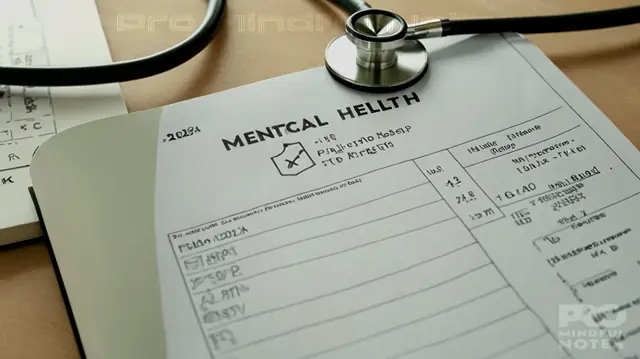
As mental health professionals, staying up-to-date on mental health ICD-10 codes 2023 is crucial for providing quality care and ensuring compliance with reimbursement and reporting requirements. In this article, we will explore the importance of mastering ICD-10 codes for therapists in 2024.
In today's rapidly changing healthcare landscape, it is more essential than ever to be familiar with the latest ICD-10 codes used by mental health professionals. With new standards emerging regularly, it can be overwhelming for therapists to keep up with the constant changes. However, staying current on ICD-10 codes ensures that clients receive accurate diagnosis and treatment planning, and therapists are able to manage their practices efficiently.
- Importance of accurate diagnosis coding
- Understanding ICD-10 codes for mental health professionals
- Top 20 billed ICD-10 codes used by therapists in 2024
- F codes (mental disorders)
- G codes (factors influencing health status)
- Benefits of mastering ICD-10 codes for mental health professionals
- Tips and strategies for learning ICD-10 codes
- Staying up-to-date with the latest changes to ICD-10 codes
- Conclusion
- Video about Mastering ICD-10 codes for mental health professionals in 2024: Stay up-to-date with the latest standards
Importance of accurate diagnosis coding
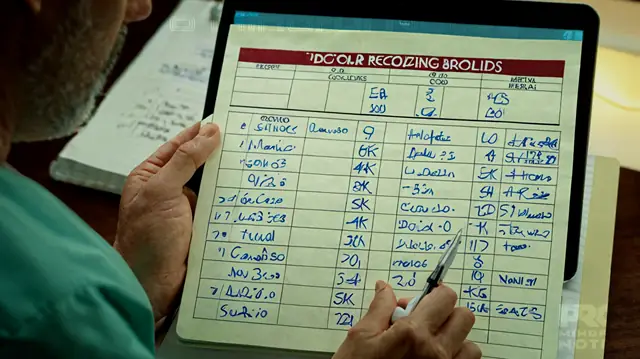
Accurate diagnosis coding is crucial for mental health professionals, as it provides a foundation for effective treatment planning and communication between providers. With the mental health ICD-10 codes 2024, healthcare professionals can accurately capture patient diagnoses, enabling them to develop targeted treatment plans that address specific needs. Inaccurate or incomplete coding can lead to misdiagnosis, mistreatment, and inadequate care, ultimately affecting patient outcomes.
Accurate diagnosis coding is also essential for reimbursement and billing purposes. Insurance companies rely on ICD-10 codes to determine coverage and payment rates for mental health services. Without accurate coding, healthcare providers may face denied claims, delayed payments, or even penalties. Furthermore, inaccurate coding can lead to poor reporting and data analysis, making it difficult to track trends and develop effective public health initiatives.
Staying up-to-date with the latest mental health ICD-10 codes 2024 is vital for mental health professionals who want to provide quality care and maintain compliance with reimbursement and reporting requirements. By mastering ICD-10 coding standards, healthcare providers can ensure that their diagnoses are accurate, efficient, and effective, ultimately benefiting patients and their treatment outcomes.
Understanding ICD-10 codes for mental health professionals
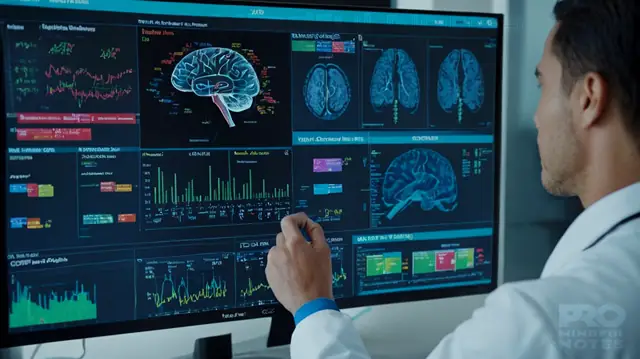
Accurate diagnosis and coding are essential in mental health practices, as they form the foundation of effective treatment planning and reimbursement. With the mental health ICD 10 codes 2024 update, it's crucial to stay current with the latest standards to ensure seamless communication between healthcare providers, payers, and clients. Mental health professionals must master these codes to provide quality care while navigating the complexities of insurance claims and reporting requirements.
For mental health professionals, a solid understanding of ICD-10 codes 2023 is vital for accurate diagnosis and treatment planning. These codes are used to classify mental health disorders and conditions, allowing healthcare providers to communicate effectively with other professionals and facilitate seamless referrals. In addition, ICD-10 codes play a critical role in reimbursement and billing processes, making it essential for mental health professionals to stay current with the latest updates.
By mastering ICD-10 mental health codes 2024, mental health professionals can streamline their practice operations, optimize patient care, and ensure compliance with regulatory requirements. This includes understanding the specific ICD-10 codes related to mental disorders, such as anxiety, depression, neurocognitive disorders, substance use disorders, eating disorders, trauma and stress-related disorders, and more.
Top 20 billed ICD-10 codes used by therapists in 2024
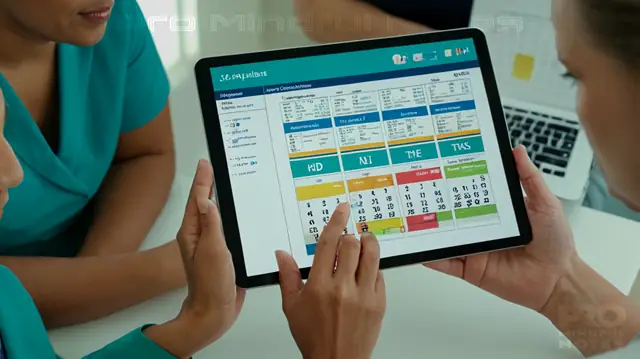
In the field of mental health, accurate diagnosis coding is crucial for effective treatment planning, reimbursement, and research purposes. To provide high-quality care, therapists must stay up-to-date on the latest mental health ICD 10 codes. As we move into 2024, understanding the top billed ICD-10 codes used by therapists can help streamline practices and ensure compliance with reporting requirements.
According to recent data, the top 20 billed ICD-10 codes used by therapists in 2024 include F32.9 (Major Depressive Disorder), F41.0 (Panic Attack), G44.50 (Substance Use Disorder), and Z91.12 (Obesity). These codes reflect the most common mental health conditions treated by therapists, including anxiety disorders, depressive disorders, neurocognitive disorders, and substance use disorders.
Therapists can expect to encounter these mental health ICD 10 codes frequently in their practice settings. By familiarizing themselves with these top billed codes, therapists can ensure accurate diagnosis coding, improve patient outcomes, and meet the demands of a rapidly changing healthcare landscape. Staying current on the latest ICD-10 codes is essential for mental health professionals seeking to provide the highest level of care to their clients.
F codes (mental disorders)
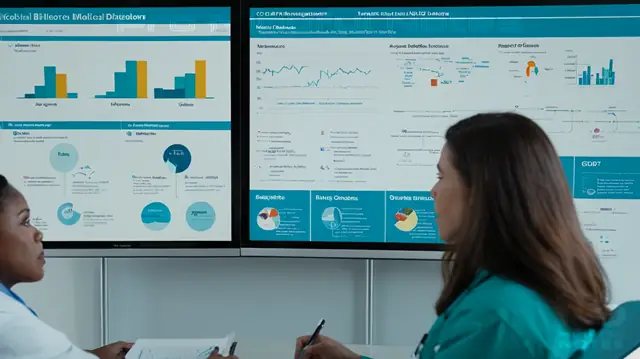
As mental health professionals, accurate diagnosis and treatment are crucial for providing effective care to clients. The ICD-10 F codes play a vital role in this process by categorizing mental disorders, including anxiety disorders, depressive disorders, and neurocognitive disorders. These F codes serve as the foundation for mental health ICD 10 codes 2023, allowing healthcare providers to identify and address specific conditions.
Some of the most commonly used F codes in mental health practice include:
- F31: Mood [dysthymia], depressive type
- F32: Mood [cyclic] disorder, recurrent depressive type
- F34: Anxiety [separation] disorder
- F41: Somatoform disorder
It is essential to familiarize oneself with the latest ICD-10 codes for mental health professionals to ensure accurate diagnosis, treatment planning, and reimbursement. Staying current on these codes will enable you to provide high-quality care to your clients while also meeting the demands of a rapidly changing healthcare landscape.
G codes (factors influencing health status)

As mental health professionals, it's essential to stay current on ICD-10 codes, especially when it comes to capturing factors that influence an individual's overall health status. The G category in ICD-10 coding system encompasses these influential factors, which can significantly impact a person's mental well-being and overall quality of life.
Within the mental health ICD 10 codes 2023, the G category includes codes that focus on external influences, such as substance use disorders, eating disorders, and trauma and stress-related disorders. These conditions often co-occur with other mental health concerns, making it crucial for clinicians to accurately capture them when coding. For instance, a patient struggling with anxiety and depression may also be experiencing substance use issues or disordered eating patterns. Accurately capturing these factors can inform treatment planning and ensure comprehensive care.
By mastering the G codes in ICD-10 coding system, mental health professionals can better understand the complex interplay between an individual's mental health and other influential factors. This knowledge enables them to provide more effective, holistic care that addresses not only the patient's primary diagnosis but also the underlying conditions that may be affecting their overall well-being.
Benefits of mastering ICD-10 codes for mental health professionals
Mastering mental health ICD 10 codes 2023 is crucial for therapists, counselors, and other mental health professionals to provide quality care and ensure compliance with reimbursement and reporting requirements. Accurate diagnosis coding allows for precise treatment planning, enabling you to tailor your approach to each client's unique needs. This, in turn, leads to better outcomes, improved patient satisfaction, and increased job satisfaction.
When you're proficient in ICD-10 codes 2023, you can also streamline your workflow and reduce errors. This is particularly important for mental health professionals who often have heavy caseloads and need to manage their time efficiently. By mastering ICD-10 codes, you'll be able to quickly locate relevant information, facilitate referrals, and generate accurate reports. This not only saves you time but also helps ensure that your clients receive the best possible care.
In addition to improving patient care and workflow efficiency, mastering mental health ICD 10 codes 2023 can also help mental health professionals stay ahead of the curve in an ever-changing healthcare landscape. As new diagnoses and treatments emerge, staying current with ICD-10 codes 2023 enables you to adapt quickly and provide the most effective services possible. By embracing this essential aspect of mental health practice, you'll be better equipped to meet the evolving needs of your clients and remain a vital part of their healthcare team.
Tips and strategies for learning ICD-10 codes

Mastering mental health ICD-10 codes 2023 requires a combination of effective study habits, persistence, and practice. Here are some tips to help you get started:
One of the most important mental health ICD-10 codes 2023 is to start with the basics. Begin by familiarizing yourself with the overall structure and organization of the ICD-10 system, including the different categories and subcategories. This will give you a solid foundation for learning more specific codes.
Another key strategy is to focus on mental health ICD-10 codes 2023 that are most commonly used in your practice. Identify the codes that are relevant to your specialty or population, and prioritize those in your studies. This will help you feel more confident and prepared when working with real clients or patients.
In addition to focusing on specific codes, it's also important to develop a system for mental health ICD-10 codes 2023. Create flashcards or use online resources like code books or apps that can help you memorize key terms and abbreviations. Additionally, practice using the codes in scenarios or case studies to simulate real-world situations.
Finally, don't be afraid to seek out additional support or resources if needed. Consider taking a course, attending a workshop, or joining an online community of professionals who are also learning mental health ICD-10 codes 2023. By combining these strategies with consistent practice and review, you'll be well on your way to mastering the latest mental health ICD-10 codes for 2024.
Staying up-to-date with the latest changes to ICD-10 codes

As mental health professionals, it is essential to stay informed about the latest updates to mental health ICD 10 codes 2023. The International Classification of Diseases-10 (ICD-10) coding system is used by healthcare providers worldwide to diagnose and treat patients. With new updates and changes being introduced regularly, it's crucial for mental health professionals to stay current to ensure accurate diagnosis and treatment planning.
The World Health Organization (WHO) releases updates to the ICD-10 codes every year, which can significantly impact how mental health professionals approach patient care. For instance, recent updates have added new codes for anxiety disorders, trauma, and stress-related disorders, among others. By staying up-to-date with these changes, mental health professionals can accurately diagnose and treat patients with these conditions, ultimately providing better care.
To stay current, mental health professionals can follow official ICD-10 resources, such as the WHO website, which provides access to the latest updates and guidelines. Additionally, professional organizations and online training platforms offer courses and workshops on mastering mental health ICD 10 codes 2023. By investing time and effort into staying current with the latest changes, mental health professionals can provide high-quality patient care while also ensuring compliance with reimbursement and reporting requirements.
Conclusion
Mastering mental health ICD-10 codes 2023 is a crucial aspect of providing quality care and ensuring compliance with reimbursement and reporting requirements in today's healthcare landscape. As mental health professionals, it is essential to stay up-to-date on the latest standards and guidelines to effectively diagnose, treat, and manage client's mental health needs.
By incorporating mental health ICD-10 codes 2023 into their daily practice, therapists can better identify and address client's mental health concerns, develop targeted treatment plans, and optimize reimbursement for services rendered. Moreover, mastering these codes enables mental health professionals to contribute to research and public health initiatives by providing accurate data on mental health trends and patterns.
In conclusion, mental health ICD-10 codes 2023 are a vital tool for mental health professionals seeking to deliver exceptional care and drive positive outcomes for their clients. As the healthcare landscape continues to evolve, it is essential that therapists stay informed about updates and changes to these codes to remain at the forefront of best practices in the field. By doing so, they can confidently provide comprehensive and compassionate care that sets them apart as leaders in mental health care.
Video about Mastering ICD-10 codes for mental health professionals in 2024: Stay up-to-date with the latest standards
Leave a Reply


Related Posts